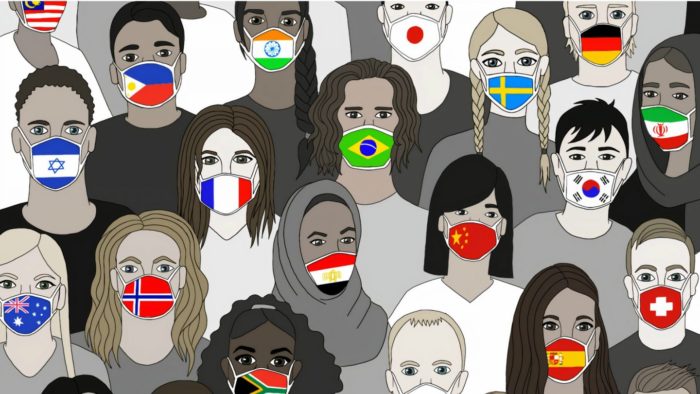It’s easy to look around and see how the Covid-19 crisis has brought out the worst in some people — from hoarding thousands of bottles of hand sanitizer to crowding bars and restaurants despite public-health guidelines.
But such irresponsible behavior, I believe, is more the exception than the rule.
By Bill Taylor, Co-Founder Fast Company and author / Article first appeared in Harvard Business Review
illustration: Harvard Business Review Ascend
It’s easy to look around and see how the Covid-19 crisis has brought out the worst in some people — from hoarding thousands of bottles of hand sanitizer to crowding bars and restaurants despite public-health guidelines. But such irresponsible behavior, I believe, is more the exception than the rule. Time and again, individuals and communities have demonstrated that the worst situations tend to bring out the best in people and the organizations to which they belong. In every moment of darkness, it seems, there are countless moments of light — small gestures of compassion and connection that allow people to show who they are, how they want to live, and what matters to them.
For her book A Paradise Built in Hell, the celebrated nonfiction writer Rebecca Solnit studied impromptu, spontaneous, bottom-up responses to some of the world’s worst natural and man-made disasters — deadly earthquakes in San Francisco and Mexico City, the Halifax Explosion of 1917, the September 11 attacks. “The history of disaster,” she writes, “demonstrates that most of us are social animals, hungry for connection, as well as for purpose and meaning.” A truly dire situation, as tragic as it is, “drags us into emergencies that require we act, and act altruistically, bravely, and with initiative in order to survive or save our neighbors, no matter how we vote or what we do for a living.”
As I thought about Solnit’s observations, I thought back to an act of business heroism that brought her message to life. It happened during the depths of Hurricane Katrina, which famously ravaged New Orleans, but also devastated the Gulf Coast of Mississippi. For weeks and months, everyday life was a struggle — not just finding food, clothes, or diapers, but finding the money to pay for them. There was no electricity, so no way for credit-card systems to work. Bank branches were flooded and ATM machines were wrecked, so there was no way to get cash.



